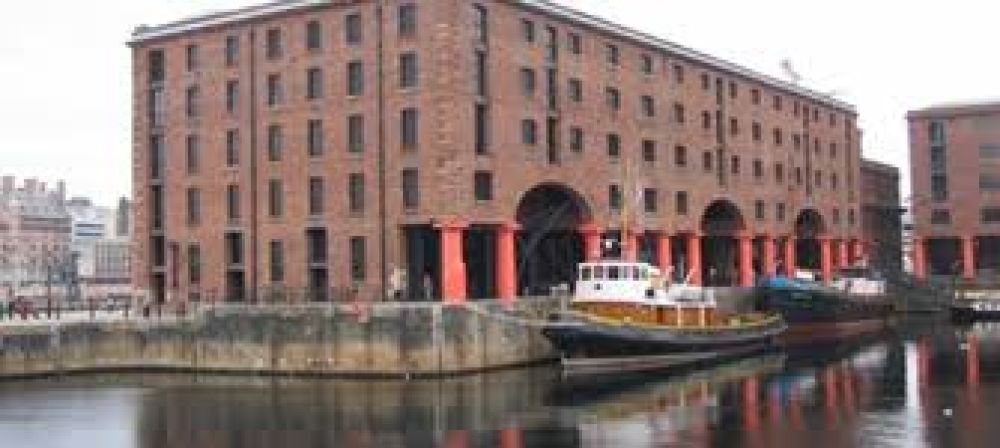

Liverpool has a complex and poignant history with the transatlantic slave trade. As a major port, it played a central role in this grim chapter of history, with its ships and merchants dominating the trade in the second half of the 18th century. Recognizing the significance of this history, the city sought ways to acknowledge and teach about the impact of slavery.
The International Slavery Museum opened in 2007, coinciding with the bicentenary of the abolition of the British slave trade. It was established as part of the Merseyside Maritime Museum at the Albert Dock and quickly became a key institution in exploring the historical and contemporary aspects of slavery. It seeks not just to understand Liverpool's role in slavery but also the legacies of forced migration, racial inequality and the ongoing fight for human rights.
Since its opening, the International Slavery Museum has attracted visitors from around the globe. The museum offers various permanent and temporary exhibits, all of which aim to educate people about the origins of the transatlantic slave trade, the experiences of enslaved people, and their resistance and rebellion. Exhibitions like "Enslavement and the Middle Passage" and "Legacies of Slavery" tackle directly the difficult truths of the past and present.
The museum engages with audiences of all ages through educational programs, workshops, and events that encourage in-depth discussions about discrimination and social justice. It serves as a focal point for resources relating to slavery and a centre for resources on human rights issues.
In recent years, there has been a significant trend towards 'dark tourism', where people visit sites of historical tragedies or atrocities to understand and reflect upon their significance. The International Slavery Museum fits into this category, providing educational experiences that confront the harsh realities of human history.
Furthermore, the International Slavery Museum has adapted to the digital age by offering virtual tours and online resources. This has been particularly relevant during travel restrictions associated with the COVID-19 pandemic, as it allows people from all over the world to engage with the museum's important content remotely.
As discussion around racial equality and historical accountability has become more prominent, the International Slavery Museum is poised to continue playing a crucial role. It stands as a strong advocate for exploring the untold stories of enslaved peoples and educating on the importance of human rights and social justice. The impact of the museum's efforts can be seen not only in tourism but in the broader educational and cultural dialogue, both in the UK and internationally.
For those planning a visit, the International Slavery Museum is typically open daily with free entry, making its powerful exhibitions accessible to everyone. Visitors can also explore the wider Liverpool waterfront, which, in being a UNESCO World Heritage site, offers much more in terms of culture, history, and architecture.